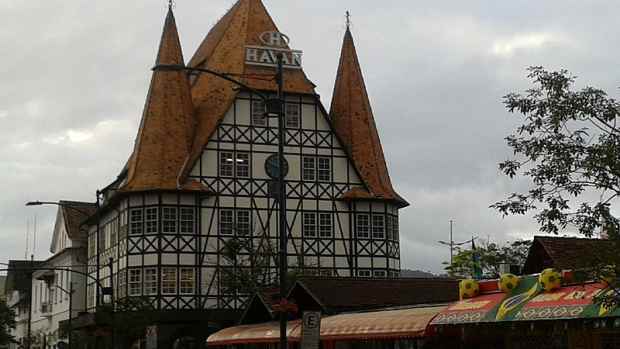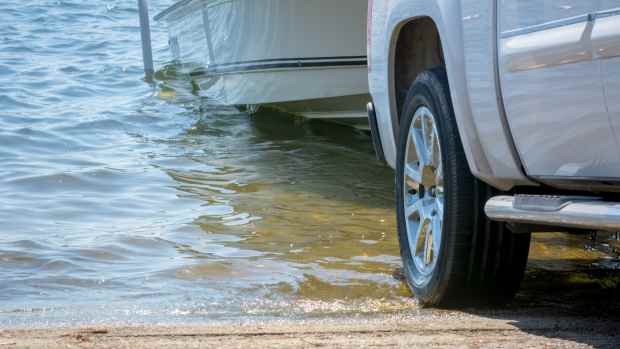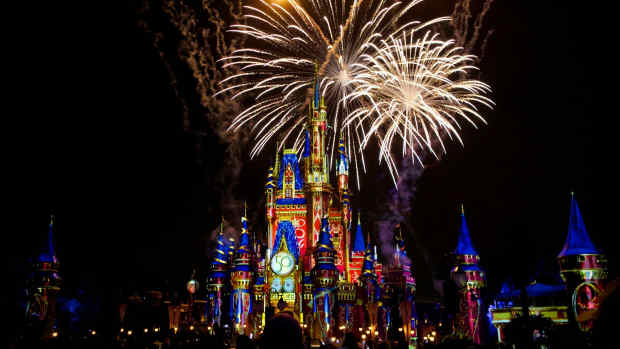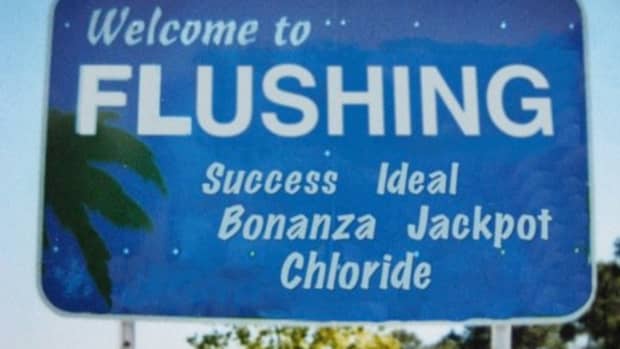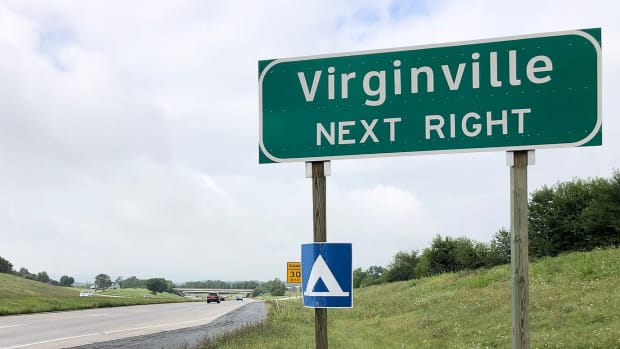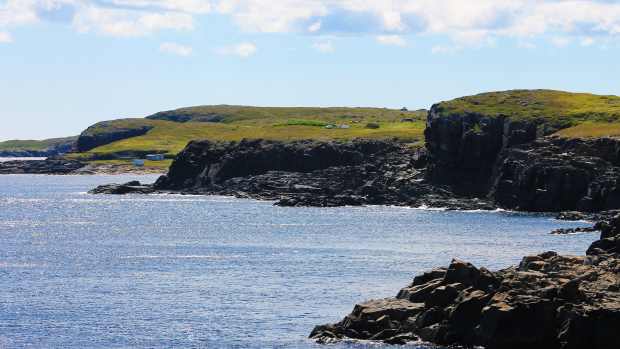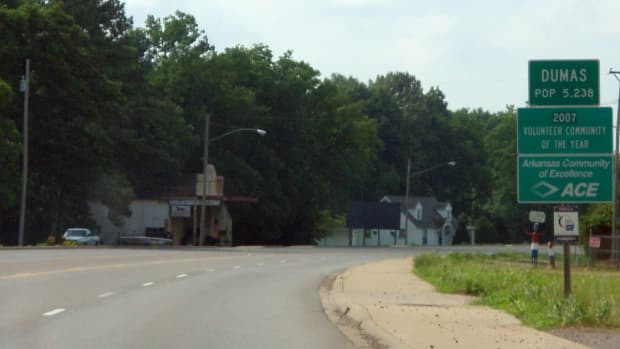Native American City Names in Wisconsin and Towns With French Origins
Native American and French Influence in Wisconsin
Many Wisconsin cities and towns have Native American names and French origins. By examining these names' meanings, one can gain insight into the history of the great state where I was born and grew up.
Native American City Names in Wisconsin
The name of the state itself, Wisconsin, and many towns and cities have Native American origins. A listing of the state's more notable locations with Native American origins is as follows:
- Wisconsin: This is anglicized from the French "Ouisconsin" which is a corruption of the Ojibwe (Algonquin) "Meskonsing." It is the name of the Wisconsin River.
- Milwaukee: According to the website Milwaukee.org, the name for the city of Milwaukee originated from the Algonquin word "Millioki" which means "gathering place by the water." This could refer to the area Native Americans used for tribal gatherings, or because the three rivers Menominee, Kinnickinnic, and Milwaukee met there before flowing into Lake Michigan.
- Oshkosh: This small city in east-central Wisconsin was named after Chief Oshkosh of the Menominee tribe.
- Wausau: This is a small city in central Wisconsin named after the Chippewa (Algonquin) word, "far away."
- Sheboygan: This small city in east-central Wisconsin is the Algonquin word for the Sheboygan River. It means "thundering under the ground."
- Neenah: this small city in east-central Wisconsin is a Winnebago word and means "running water."
- Menasha: It is a small city in east-central Wisconsin named after the Menominee word meaning "thorn in the island."
- Mukwonago: This is a small town in southeastern Wisconsin where I attended elementary school. It is a Potawatomi word that means "a ladle or a bend in the stream."
- Oconomowoc: This is a small town in southeastern Wisconsin. It is a Potawatomi word that means "waterfall" in the vicinity.
- Manitowoc: It is a small city in east-central Wisconsin, and it is an Ojibwa word that means "place of the good spirit."
- Menominee: This is a small town in northeastern Wisconsin. It is a Menominee (Algonquin) word that means "wild rice people."
- Ozaukee: This is a county in east-central Wisconsin. It is a Chippewa form of the tribal name of the Sauk people. It means "people living at the mouth of the river."
- Waukesha: This small city and county are in southeastern Wisconsin. It is a Chippewa word meaning "little fox."
- Waupun: This small town is in central Wisconsin. Its name comes from an unknown indigenous tribe, and the word means "daybreak or dawn."
- Weyauwega: This tiny town is in central Wisconsin in Waupaca County. Its name comes from the Menominee tribe word which means "Here we rest."
This reference material was taken from Wikipedia and the Wisconsin State Historical Society.
Wisconsin Town Names
Wisconsin Cities and Towns With French Origins
Some names of significant towns and cities in Wisconsin with French origins are as follows:
- Eau Claire: This city is in northwestern Wisconsin. It means "clear water."
- Fon Du Lac: This is a small city in east-central Wisconsin. It means "bottom of the lake" and is located at the foot of Lake Winnebago.
- Green Bay: Home of the Packers, this small city is in northeastern Wisconsin. It is anglicized from the French "Baie Verte."
- La Crosse: This small city is in southwestern Wisconsin. It means "the crozier," as in a bishop's crozier.
- Prairie du Chien: This is a small city in southwestern Wisconsin. It means "dog prairie."
- Prairie du Sac: This village is in south-central Wisconsin. It means "prairie of the Sac Indian tribe."
- Racine: This is a city in southeastern Wisconsin. It means "root" after the Root River.
- De Pere: This is a small town in northeastern Wisconsin. It comes from "Les Rapides des Peres" which means "the rapids of the fathers."
- Calumet County: This is French for "the Menominee peace pipe."
- Trempealeau River: This is a southwestern Wisconsin river running from La Crosse to Eau Claire. It means "plunge into the water."
- Portage: This is a tiny town in central Wisconsin. It means a "carrying place."
This information was taken from Wikipedia and the Wisconsin State Historical Society.
Other Origins of Towns and Cities in Wisconsin
In Wisconsin, there are several locations of American origin, with the state capital, Madison, being a prime example. Madison was named after the fourth president of the United States, James Madison. There are also locations of Polish origin such as Pulaski, named after Count Casimir Pulaski, a mercenary who fought for the American colonists during the Revolutionary War.
Many other towns and villages in Wisconsin have Native American and French origins. I have pointed out only a few that I consider significant, and I encourage you to visit Wisconsin to learn more about its early history.
Wisconsin Geography
Wisconsin is located in the north-central part of the continental United States. It is bordered to the south by the state of Illinois, and to the west by the states of Iowa and Minnesota. To the north lie Lake Superior and the Upper Peninsula of Michigan, Lake Michigan is to the east.
Wisconsin is truly an outdoor sportsman's paradise, with its great number of forests, rivers, and lakes. Known as America's dairyland, it has countless dairy farms in the state's eastern and central parts. Hills and small mountains are also found in the southwestern and northwestern parts of the state.
Wisconsin History
Most visitors and inhabitants of Wisconsin get their first taste of Wisconsin's early history when they visit the many casinos that are located on Native American reservations. According to Wikipedia, Native Americans have inhabited Wisconsin since 10,000 B.C. Permanent settlements started forming in 500 B.C. when farming was established. When the first Europeans arrived in Wisconsin, the most important indigenous tribes were the Ojibwa, Ho-chunk, and Menominee.
In 1634 the French, led by Jacques Nicolet landed at Green Bay after traversing Lake Huron, Lake Superior, and Lake Michigan. After establishing a fur trading post at Green Bay, Nicolet led a portage from the Fox River to the Wisconsin River. At that time the French were searching for a route to China.
In 1763, the British took over control of Wisconsin following France's defeat in the French and Indian War. In 1787, following American independence from Great Britain, Wisconsin became part of the Northwest Territory; however, America didn't control Wisconsin until the British were finally defeated in the War of 1812.
From the 1840s through the 1860s, Wisconsin was settled by immigrants from New England, New York, and Germany. After Wisconsin became a state on May 29, 1848, settlers from England and other places in America came to southwestern Wisconsin to engage in lead mining. Finally, during the last half of the 19th century, settlers from other European countries like Czechoslovakia, Poland, Norway, and Sweden also arrived in Wisconsin.
This content is accurate and true to the best of the author’s knowledge and is not meant to substitute for formal and individualized advice from a qualified professional.
© 2011 Paul Richard Kuehn


